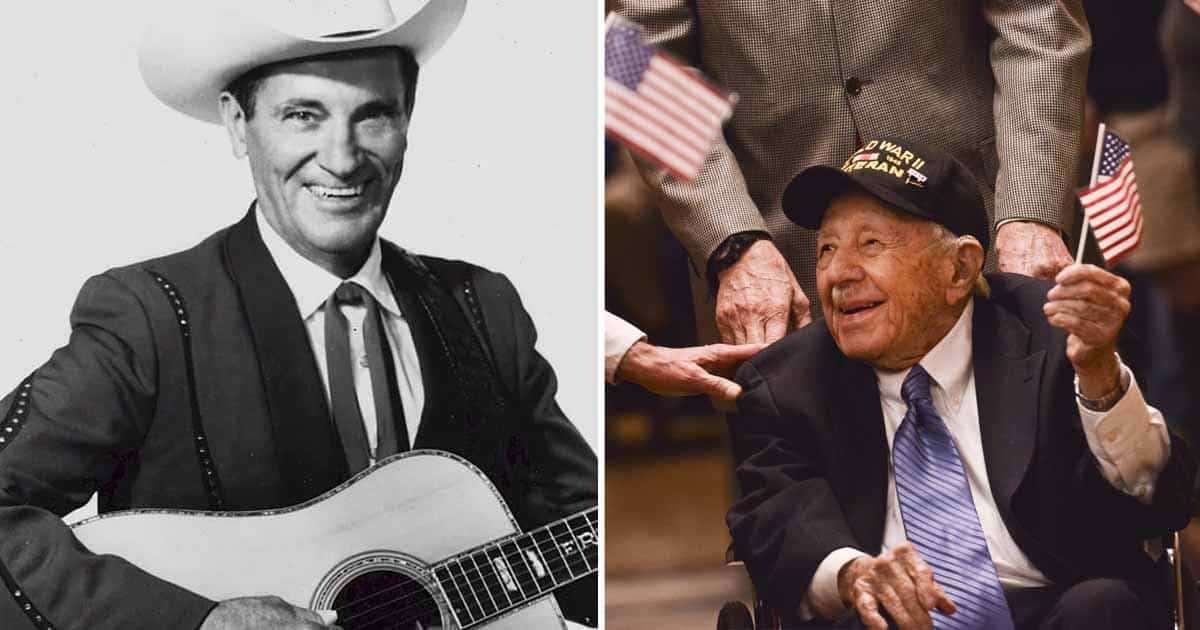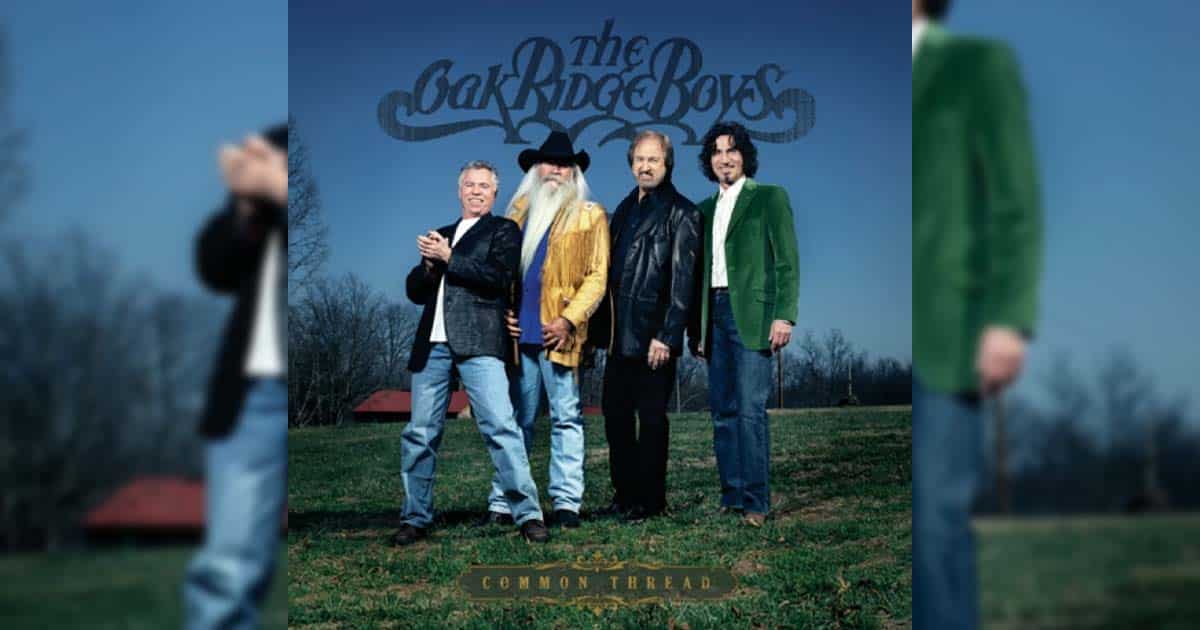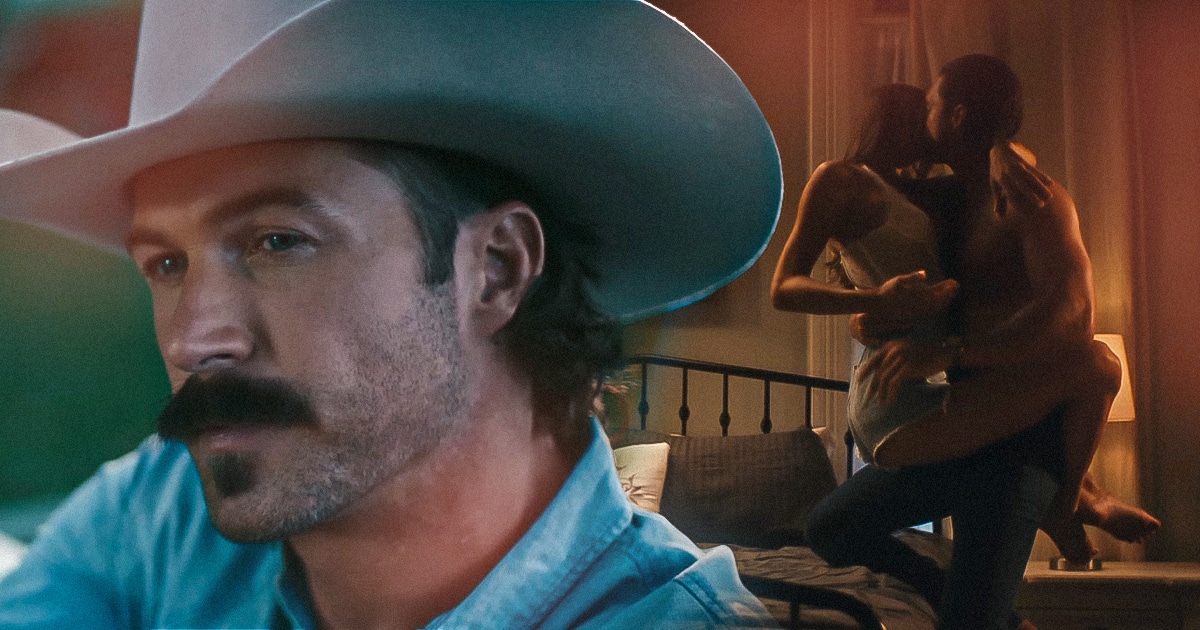Dolly Parton ties up with Reba McEntire in holding the record for the most number of No. 1 singles for a female artist on the Billboard Country Music Chart.
Dolly Parton’s Extraordinary Career
Dolly Rebecca Parton had a life we all wished we could have. Dolly Parton had a life that began with rags, but she managed to spin into jewels. She was born on January 19, 1946, the firstborn of Robert Lee Parton and Avie Parton. In her youth, Parton was raised on a rundown family farm in Locust Ridge Tennessee.
Parton had an early start in her career. At the age of 12, Parton had several stints on Knoxville TV and gained her first recording contract with a small label at the age of 13. Parton then decided to move to Nashville after her college graduation at the Sevier County.
Porter Wagoner was the few of the first people to hear and see the potential that Dolly Parton possesses. Wagoner and Parton started several recordings as a duet for the Wagoner’s TV show. After 7 years, Parton would leave Wagoner’s show and band for good to establish her name as a solo artist. Dolly Parton’s success, however, would not just be contained in the Country Music world but would reach a degree of success in her television and movie stints.
Parton’s Revolutionary Song
Dolly Parton has tied with Reba McEntire for the most number of top-charting hits recorded and achieved by a female artist. But her song, “Here You Come Again”, released in the ‘70s, was said to have brought a revolutionary change and pioneered a whole new era for country music. In addition, this held the record for a solo to spend the longest time on top of the charts. It was for a total of 5 weeks. This magnificent record was only broken by George Strait.
“Here You Come Again” was one of the pioneering songs of the pop crossover move in the 1970s. It was called a crossover song as it merged the style of pop and country into a song. This became the trend for other artists who would, later on, borrow different elements of pop and contemporary music, put them together in a song that uses Country terms, then add the sound of steel guitar to make it sound like ‘Country.’
Country Music has originated way back since the old era of music. It has featured several artists such as Charley Pride who is known to be among the greatest Country artists ever. Charley Pride was known to be the ultimate traditional country artist that would not let any element of pop be heard in his songs. Dolly Parton, on the other hand, was the exact opposite of Pride. Parton pioneered the era of crossover singles.
Way Beyond Country
Dolly Parton’s colorful career wasn’t just contained in the Country Music industry. She also had several stints and awards as she appeared in several TV shows and movies. Her petite 5 feet stature became a well-known mark on the television scene. By the mid-’70s, Parton started guesting on TV specials and several talk shows.
In 1977, Parton was given a break in her career as a TV person when she was rewarded to have her own television show titled, Dolly. She had her movie debut with the movie “9 to 5” in 1980. During the ‘90s, she appeared in 15 movies and television series as she continued to collect awards in the Country Music industry.
As Dolly Parton’s career soared high with the success she gained in both the television scene and in movies, she also flourished as an entrepreneur. Parton is the head of Dolly Parton Enterprise which is, by now, known as a media enterprise. She also established Dollywood, a theme park reflecting her Smokey Mountain upbringing.
With a passion for what she does and an inner-knowing that she has something special to give, Dolly Parton continually innovated and perfected her art. As a result, she gained numerous awards and brought certain significant changes to Country Music.
Dolly Parton’s journey gave us an important reminder that the simplest way to succeed is to love what you are doing as seen demonstrated in her life. Though Parton did not have the grandest start, she never allowed her situation to dictate what she would become. She just kept moving forward, even adapting to changes when necessary, but without compromising her musical standards and personal values.


















